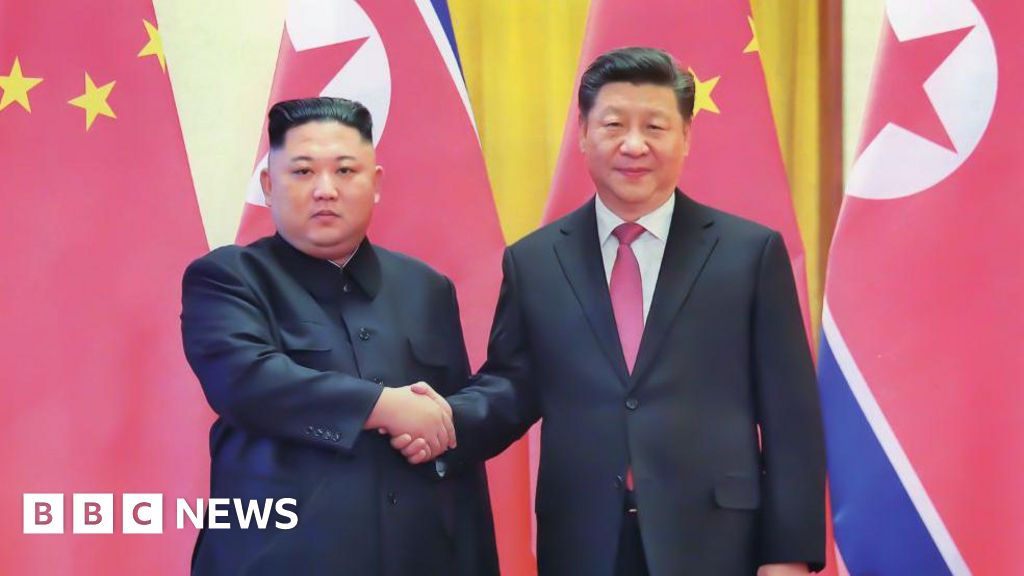In a historic decision, the council of Braunau am Inn, Austria, has opted to rename two streets that have long been associated with members of the Nazi party. This decision was made during a "secret vote" after a report commissioned by the local government determined that the continued use of these names was unconstitutional, sparking a wave of local and national conversations about Austria's historical narrative.
The streets, named after composer Josef Reiter and entertainer Franz Resl, both of whom were affiliated with the Nazis, will affect around 200 households, prompting a significant change in addresses for the residents of those streets. The adjustments come as part of a broader critique of how Austria has historically acknowledged its involvement in World War II, with many historians arguing that the narrative has often positioned Austria as a victim rather than an active participant in the war’s atrocities.
The decision has received praise from the Mauthausen Committee, which aims to preserve the memory of those who suffered in the concentration camps. Chairman Willi Mernyi expressed gratitude to those who supported the renaming efforts, stating that this change holds "symbolic significance."
The committee has also proposed honoring notable figures who opposed the Nazi regime, including former deputy mayor Lea Olczak, whose father perished at Mauthausen, and Maria Stromberger, who joined the resistance while serving as head nurse at Auschwitz.
While Austria has previously renamed several streets with Nazi connections, such as one honoring Ferdinand Porsche, this latest action serves as a reminder that the legacy of World War II continues to coexist with modern Austria, and that the need for reconciliation and remembrance is still a urgent priority.
Approximately 65,000 Austrian Jews fell victim to the Holocaust, which aimed to eradicate not only the Jewish population but also Slavic and Roma peoples. The scars of the Nazi regime’s brutality remain a poignant part of the collective memory in Austria, and actions like these are steps towards acknowledging the past and redefining national identity.




















